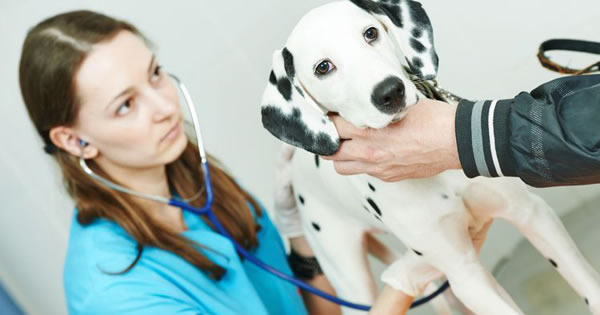
Both dogs and cats can suffer from various food allergies due to specific foods or even food groups. Steriods in pet foods, known as glucocorticoids, can increase gastric acid production, reduce mucus production, and lower pets ability to absorb iron and calcium. This, in turn, results in allergies to such foods as dairy products, wheat, chicken, fish, beef, pork, soy or sugar.
How Allergies Food Affects Your Pet
Food allergies in animals can cause varying degrees of discomfort for your pet. This is typically in the form of itchy skin and/or digestive problems. However, if the condition is left untreated, more serious problems can result. Some of these problems include bacterial or viral infections, and pancreatitis.
Common Symptoms of Allergies Food
It is essential to note that your pet must have been exposed to a food item more than once to become allergic to it. In fact, in some cases, it can even take up to two years for your pet to develop an allergy to a particular food. The symptoms that affected pets will exhibit may vary, but some of the more common signs are as follows: *Intense Itching and Scratching *Red Rashes on the Skin *Dry, Flaky Skin *Bad-Smelling Skin, Ears or Paw Pads *Inflamed Areas on the Skin *Hair Loss and/or Dull Coat *Bald Spots *Vomiting *Refusing Food *Diarrhea or Constipation *Bloating. Typically, if your pet develops rashes or hair loss, they will involve the ears, rump, feet, belly or back of its legs. However, they can occur elsewhere. Additionally, since the symptoms of food allergies are similar to those of some other allergies, you may want to seek a vet's diagnosis.
Treatments for Allergies Food
Treatments for food allergies in dogs and cats typically involve hypoallergenic diets, topical creams and/or antihistamines. Your veterinarian may also prescribe steroids. However, long-term use of steroids is not recommended, as they can suppress the immune system and lead to pet health problems such as thinning of the skin or bones. There are many natural remedies for food allergies in animals as well, and these treatments have been proven to be highly effective in treating skin and digestive irritations. Glycyrrhiza glabra and Althaea officinalis are both excellent in soothing the digestive system. Furthermore, Matricaria recutita and Calendula officinalis are great for soothing irritated skin.
Breeds Affected
Food allergies can be either genetic or environmental in nature, and most any breed of dog or cat can develop them. However, there are some animals that are more predisposed to the condition than others, and they are as follows: Rex Cats, Retriever Breeds, Cocker Spaniels, German Shepherds, Dachshunds, and Animals With a Family History of the Condition.
Pet Insurance
When adding a dog or cat to your family you want to make sure your pet is happy, healthy and protected. During its lifetime your pet is exposed to many illnesses and diseases and some breeds are affected by a congenital disease which is a condition existing at birth. At these moments when your pet is ill or maybe needs surgery, you want to be protected for the unexpected and high veterinarian costs.